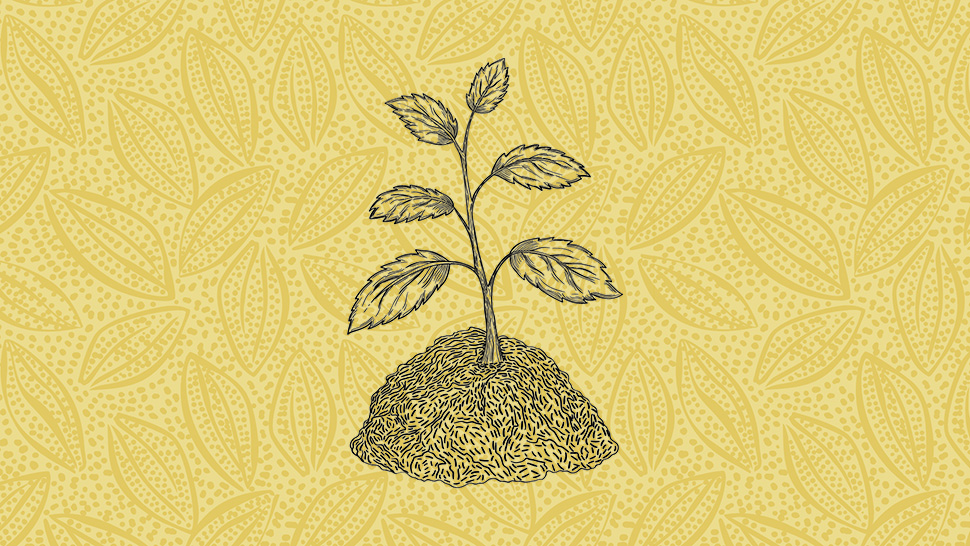
Indigenous people have been working in harmony with the land in North America for millennia. In order to preserve these distinct food traditions and the cultures, customs, and languages they represent, Native American advocacy organizations are working towards a self-determined and decolonized food system known as Indigenous food sovereignty.
The Indigenous Food Systems Network defines the food sovereignty movement to address the “underlying issues impacting Indigenous peoples and [their] ability to respond to [their] own needs for healthy, culturally adapted Indigenous foods.” There are many ways this movement takes shape, but a key starting point looks at the ways Indigenous people have been farming for generations.
Companion planting is one of the traditional farming practices that reflects a deep knowledge and understanding of native food crops to create a self-sustaining and mutually beneficial agricultural system. The Three Sisters is a classic example of this, which is the tradition of co-planting corn, beans, and squash to provide a nourishing environment for all three crops to flourish in harmony with each other and the environment.
Seed saving, as another example, not only allows for continued planting and harvests of significant foods and their related culinary traditions, but it also preserves a cultural legacy and contributes to a deepened sense of food sovereignty. Beyond that, seeds that have been saved for generations also contain a genetic legacy – traits that allow crops to thrive without chemical inputs plus a diversity of genes that could aid in our collective adaptation to the climate crisis.
In addition to seed saving and companion planting, agroforestry, crop rotation, and water conservation methods have all been practiced by Indigenous farmers for thousands of years, and have more recently been adopted as tenants of what we now know as regenerative agriculture. This way of farming enriches the land and surrounding ecosystem in the process of growing food rather than depleting its valuable nutrients, soil, and natural resources, which has become the default of our conventional food system.
The embrace of traditional knowledge systems is not only a way forward to preserve and continue Native American culture and autonomy, but also promises a collective future that is more resilient in the face of climate change to restore biodiversity, build soil health, and encourage a more reciprocal relationship between humans and our environment.